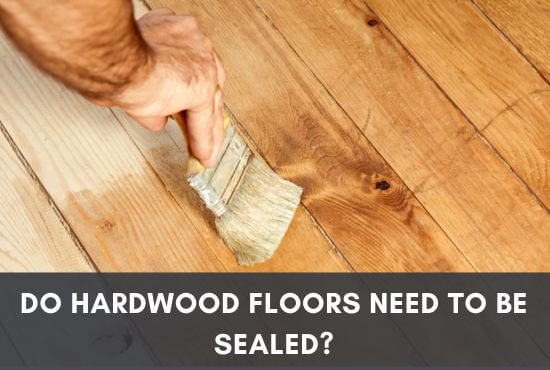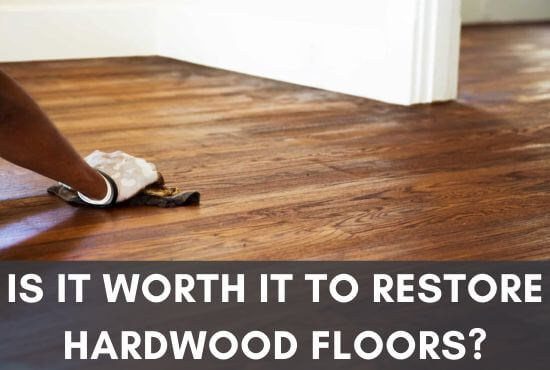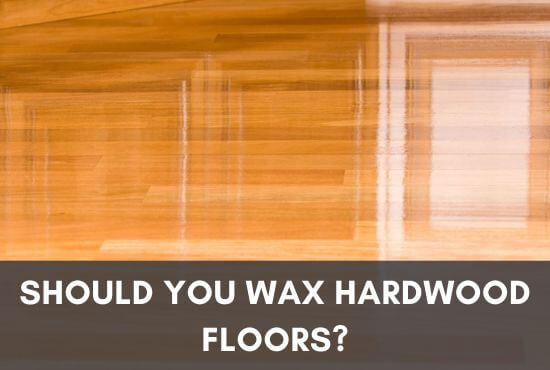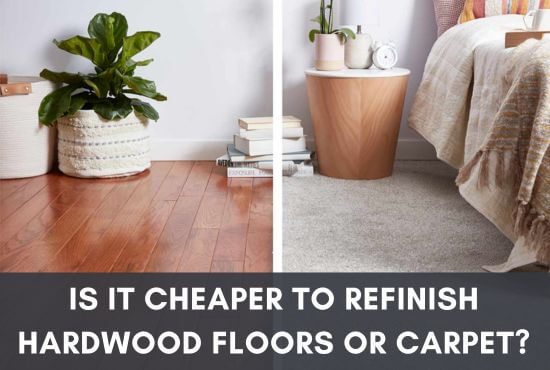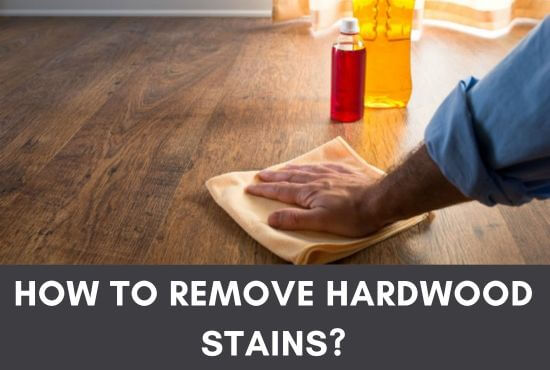Wiping down floors with disinfecting wipes is a fantastic idea. Can you clean your hardwood table, armchair, or floor with Clorox wipes without damaging the finish or leaving a stain?
Don’t worry; here is what we discovered after conducting the study on your behalf.
Clorox wipes can damage hardwood floors if they are not sealed as the acidic nature can destroy the wood’s surface. Clorox is a powerful cleansing solution to remove stains from clothes and other hard surfaces.
Its main component, sodium chloride, is an acidic substance that can damage wood’s molecular composition. Clorox wipes are okay for polyurethane-treated wood but not on bare, unfinished wooden surfaces.
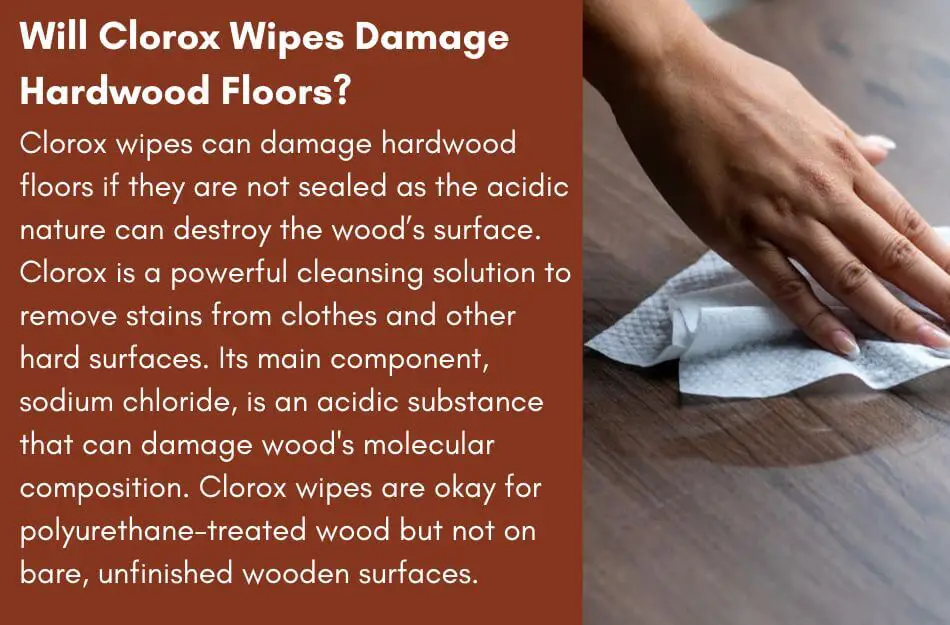
Citric acid, C12-14 ethoxylated, and other chemicals found in Clorox wipes have the potential to erode coatings, damage wood, and penetrate the porous nature of wood.
If uncertain, spot examines a small area first to ensure it’s safe to use.
Hardwood floors can be cleaned and disinfected with Clorox wipes, improving their appearance. If you use it according to the proper instructions, it won’t damage hardwood floors.
Due to their comparable uses, Clorox wipes make a better and more convenient substitute for a container of Clorox.
In addition, you can use the wipes the same way you would liquid Clorox on your cleaner.
To get the wipes onto the ride, position them underneath the mop and drag the mop over top of them. Because the wipes don’t contain bleach, you won’t have to fear scratching your floor.
Table of Contents
Do Clorox Floor Wipes Contain Bleach? | Will Clorox Wipes Damage Hardwood Floors?
Clorox wipes do not contain any bleaching agent. Although they are made for cleaning and disinfecting, they do not contain any bleach.
It does contain citric acid for cleaning purposes along with many other chemicals but the product is proven to be bleach-free.
Can Clorox Wipes Be Used On Hardwood Floors?
You can use Clorox wipes on hardwood floors only if they are sealed. For quick cleanings around the house regularly, use Clorox wipes.
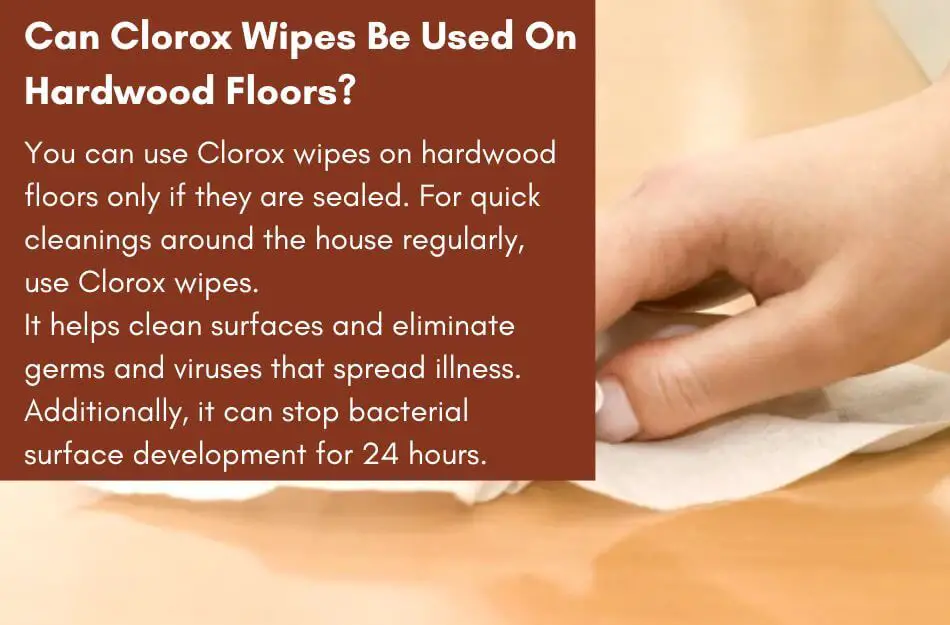
It helps clean surfaces and eliminate germs and viruses that spread illness. Additionally, it can stop bacterial surface development for 24 hours.
Is It Safe To Clean Hardwood Floors With Clorox?
Clorox wipes are a safe source of cleaning for polished hardwood and most non-porous, shiny surfaces.
However, because they will leave a stain, experts advise against using them to rub over polished, oiled, unpolished, untreated, and unpainted hardwood surfaces.
Combining water with a few droplets of Clorox is best for cleaning hardwood floors. Additionally, you can use multipurpose cleaners and disinfectants made especially for wooden surfaces.
To clean quickly and effectively, use a mop. While using water to clean is generally safe, moving rapidly and quickly to dry the area with a dry cloth and a fan is crucial.
When damp, wood expands naturally, and if exposed to moisture for an extended period, it can rot, fracture, and splinter.
Because wooden surfaces have pores, the cleaning agent from the wipes may seep into the hardwood floor.
It might discolor the timber and make it rot. Therefore, unless the area has a finish that closes the pores, like a urethane-protective wood finish, experts do not advise using Clorox wipes.
When polyurethane is liquid, it resembles plastic and shields wooden surfaces.
You can clean hard, non-porous flooring with a Clorox cleanser and water solution, particularly in bathrooms and kitchens. Combine bleach and water, apply it with a sponge, rinse it off, and allow everything to air dry.
What Type Of Floor Should Not Be Cleaned With Clorox?
Marble and tile floors are strictly prohibited for Clorox use. They usually have non-sealed surfaces, and as we know, all porous surfaces can get damaged by Clorox wipes.
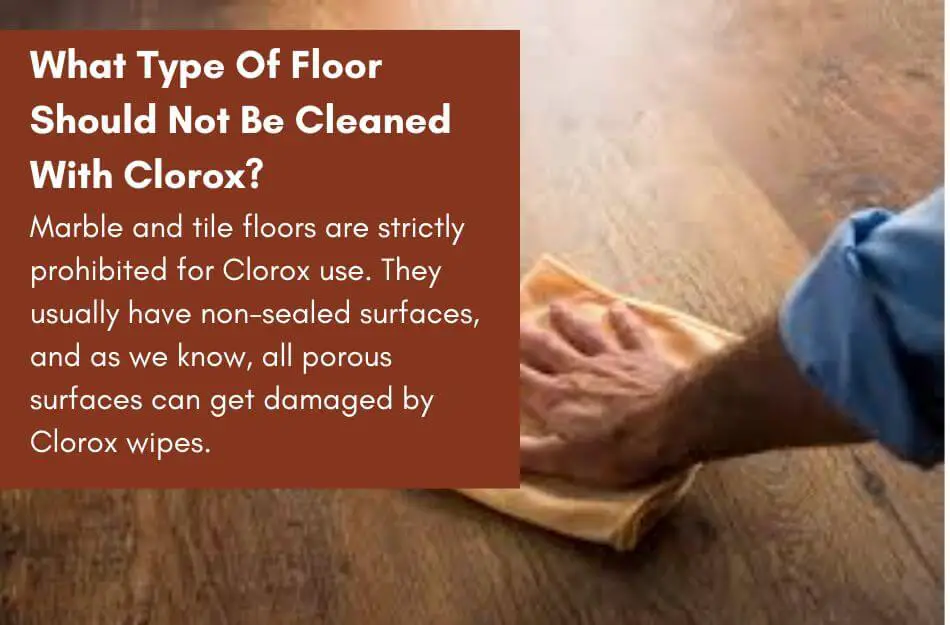
The acidic substance can move inside the pores and cause damage to the surface from the insides. Moreover, if your wooden surface is also non-sealed, you must prevent the use of Clorox on it.
Why You Should Stop Using Clorox Wipes?
Clorox wipes contain many harmful substances which can prove dangerous for your health if used extensively.
When you wipe the hardwood floors, you probably come into contact with the wipes and hence those harmful chemicals.
Besides, these substances can also spread in the form of odor and can be inhaled by people in the house.
Prolonged exposure to such chemicals can cause diseases, and infections, and might not be suitable for your health.
What Concerns Should You Have When Using Clorox Wipes?
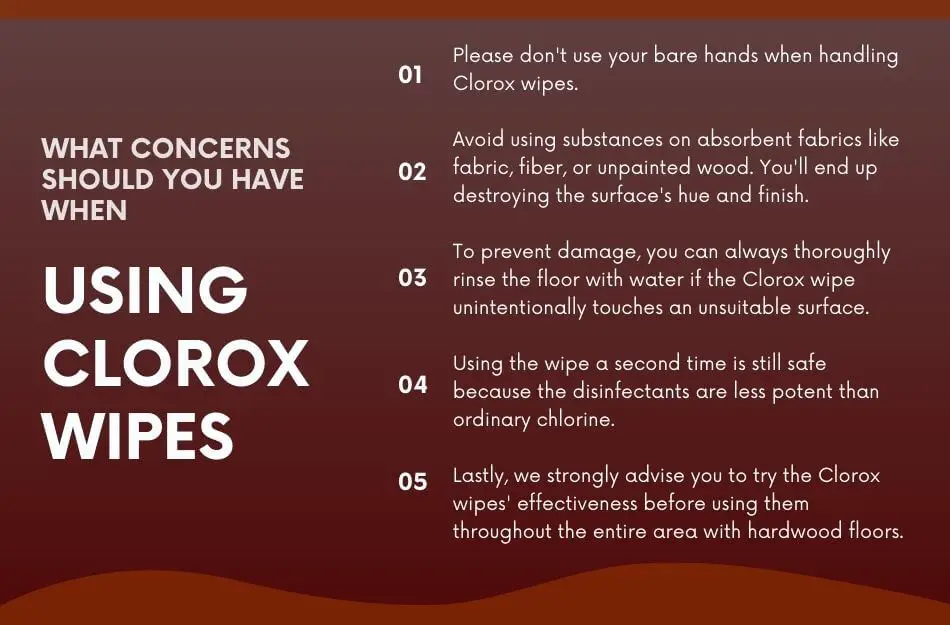
Please don’t use your bare hands when handling Clorox wipes. The wipe’s disinfectant is a chemical pesticide, making it dangerous for your skin and food.
So, before beginning your cleaning tasks, be sure to place on a pair of gloves. You can use Clorox wipes safely on all surfaces and hardwood flooring.
They work particularly well on household glass and plastic items. Avoid using substances on absorbent fabrics like fabric, fiber, or unpainted wood. You’ll end up destroying the surface’s hue and finish.
To prevent damage, you can always thoroughly rinse the floor with water if the Clorox wipe unintentionally touches an unsuitable surface.
Using the wipe a second time is still safe because the disinfectants are less potent than ordinary chlorine.
Lastly, we strongly advise you to try the Clorox wipes’ effectiveness before using them throughout the entire area with hardwood floors.
Do You Need To Rinse Hardwood Floors After Using Clorox Wipes?
It is not required to rinse Clorox wipes after use. The solution is already very low in concentration and if you are not overusing it, it will not pose any significant threat to your hardwood floors. However, if you want to do it for your satisfaction, it is totally your choice.
Final Thoughts
Now that you know the solution, you can safely and effectively clean and disinfect your hardwood floors with this product.
With appropriate use, it won’t harm your hardwood floor. You might think about experimenting with new flooring products, but be cautious and do your study first!

As a co-creator of FlooringFlow.com, Emma Sophia comes on board to answer all your questions related to any flooring problems. Together with John Henry, she’s gained extensive experience in fixing many flooring problems in their own house as well as in friends and family’s. Now, she wants to share her knowledge that she gained during floor remodeling, restoring, and DIY projects.

